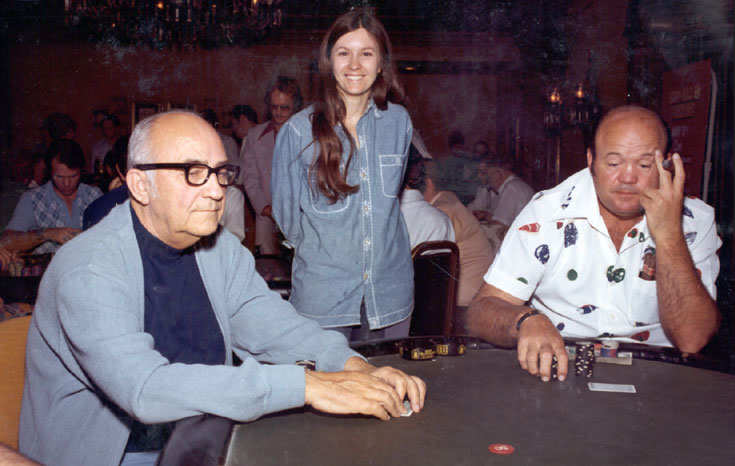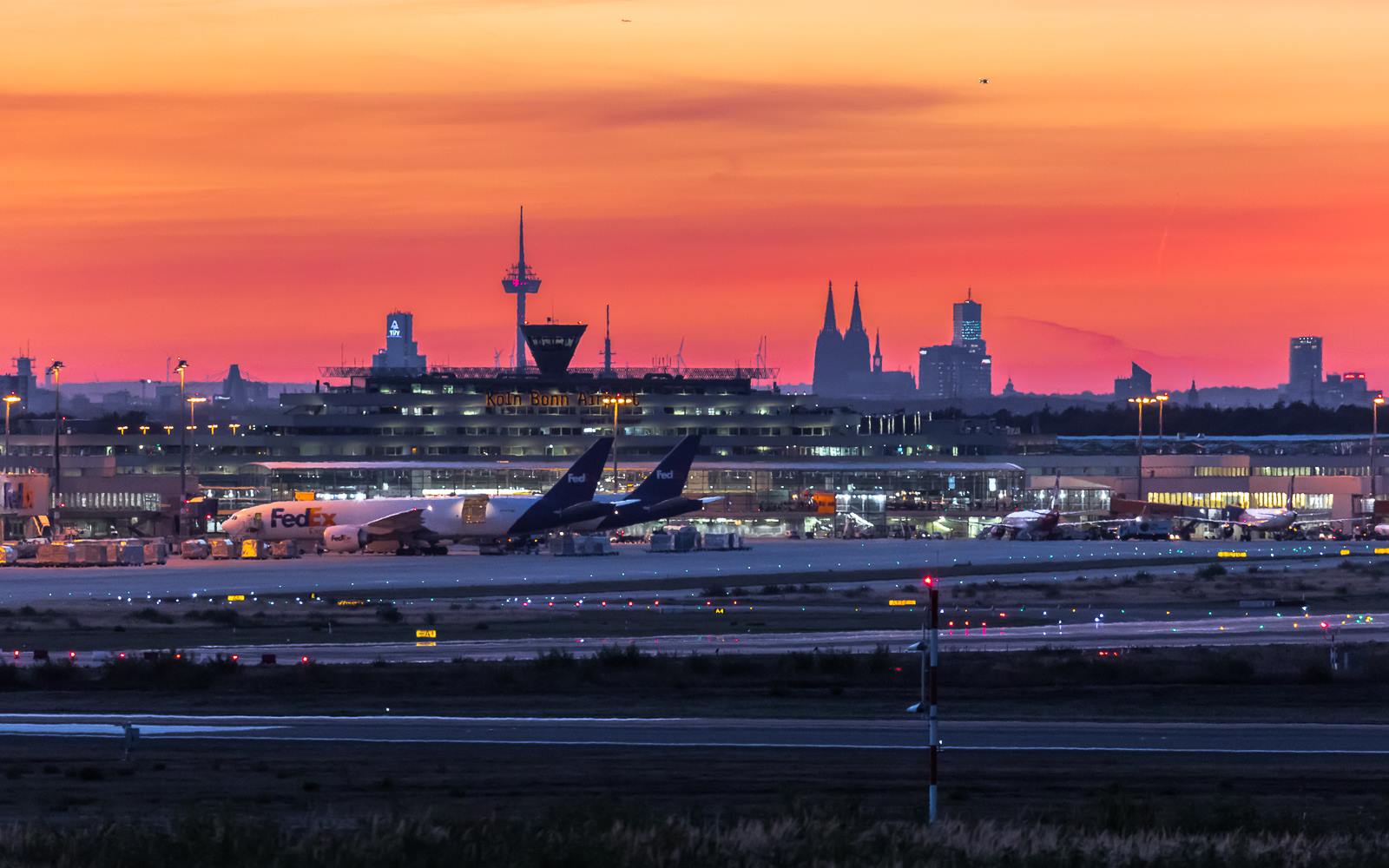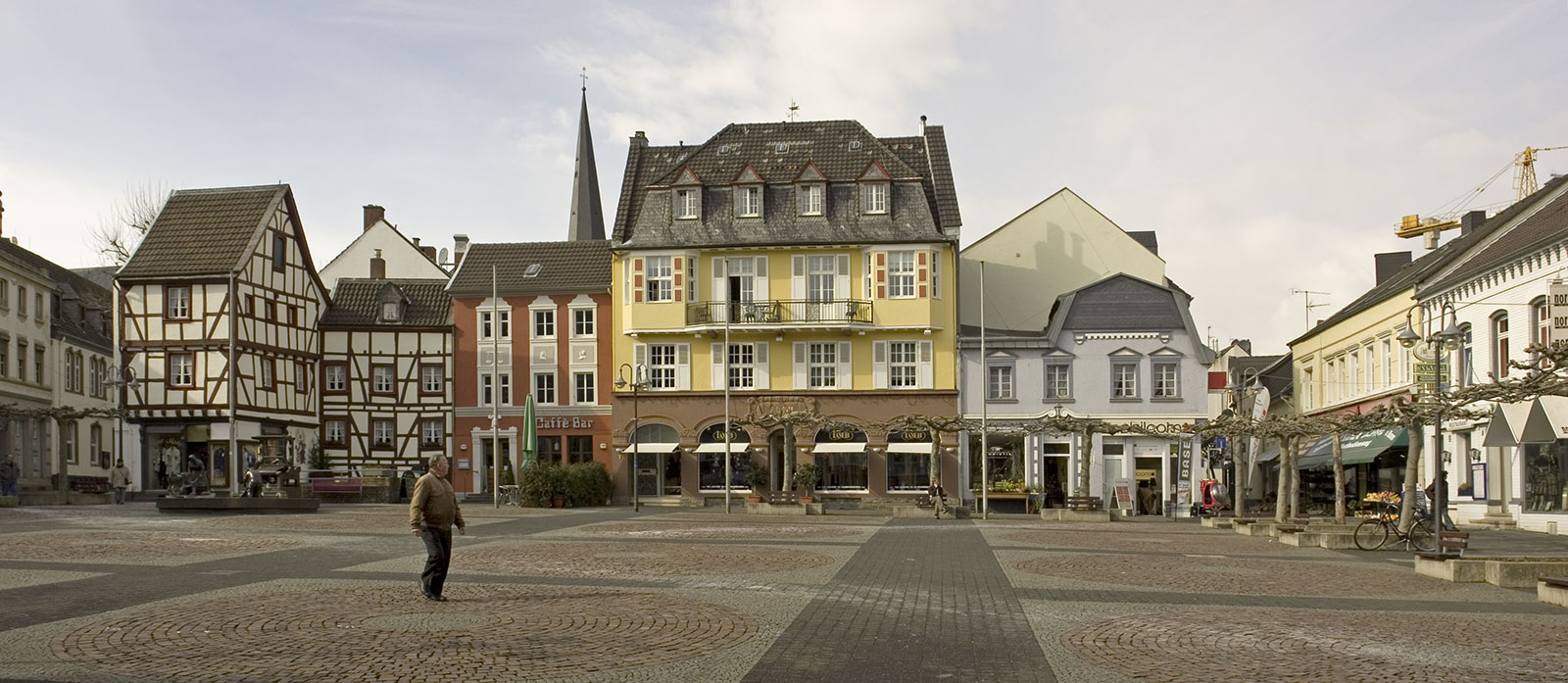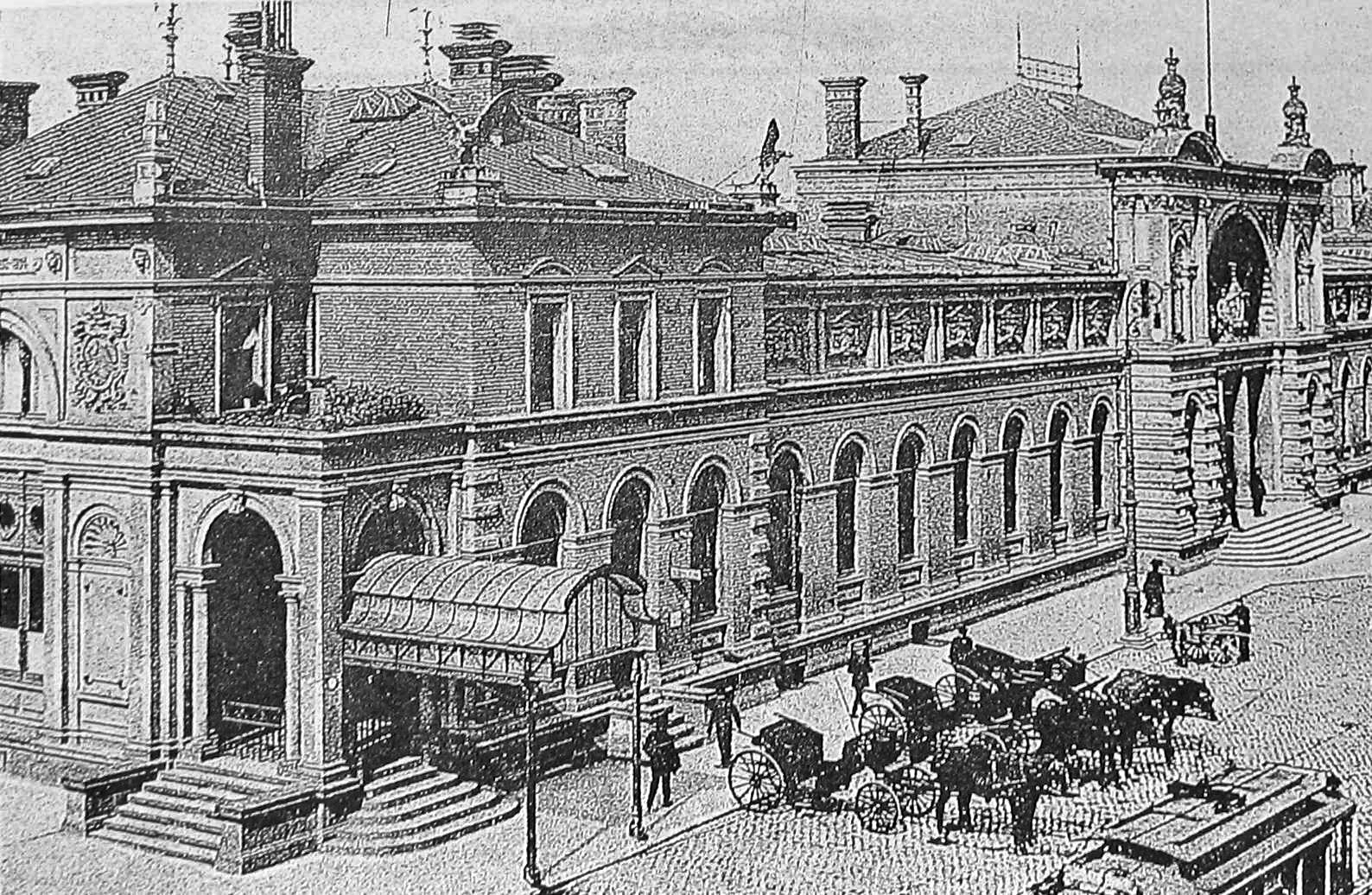|
Odendorf
Odendorf is a village in Germany, located in the municipality of Swisttal in the Rhein-Sieg district of North Rhine-Westphalia. The village is situated approximately southwest of Bonn. As of 2007, the village had 3,581 inhabitants. Local business Odendorf offers a wide range of local business. Situated in the village are an Edeka supermarket, also an Aldi as well a Rossmann (company), Rossmann drugstore. also a gas-station, post office, banks, pharmacy and several restaurants are based in the village. In a new business park further industrial business (manufacturing, wholesale trade) is located and land is still available for sale. Infrastructure Odendorf is located west of Highway A61 with connection to Aachen (A61), Cologne (A1) and Koblenz (A61). Also Deutsche Bahn offers a regular Regionalbahn service on the Voreifel Railway between Euskirchen station, Euskirchen and Bonn Central Station, Bonn. Also a bus service to Rheinbach and Euskirchen (school-service only) is avail ... [...More Info...] [...Related Items...] OR: [Wikipedia] [Google] [Baidu] |
Voreifel Railway
The Voreifel Railway (german: Voreifelbahn) is a partly double track, non-electrified main line in the Voreifel from Bonn Central Station, Bonn to Euskirchen station, Euskirchen in the German state of North Rhine-Westphalia (KBS 475). History Opening of the line The Voreifel Railway was opened on 7 June 1880. The station buildings at Bonn-Duisdorf station, Bonn-Duisdorf, Kottenforst, Meckenheim, Meckenheim (Bz Köln), Rheinbach, Odendorf and Kuchenheim (spelt Cuchenheim until 1936) were built at this time. The other buildings stations between Duisdorf and Kottenforst were based on designs by Johannes Richter (1842–1889) and built from clinker brick. The station buildings of Duisdorf, Odendorf and Kuchenheim were built on the same plan. The station buildings of Meckenheim and Rheinbach were built to a slightly modified plan with Meckenheim and Rheinbach built in mirror-image to each other. The line was originally built as a branch line and upgraded in later years as a ma ... [...More Info...] [...Related Items...] OR: [Wikipedia] [Google] [Baidu] |
Pius Heinz
Pius Heinz (born 4 May 1989) is a German professional poker player from Bonn, best known as the winner of the Main Event at the 2011 World Series of Poker. He is the first German player to capture the Main Event bracelet. He defeated Czech player Martin Staszko to win the event. On the final hand, Heinz's defeated Staszko's , which did not improve on a board of . Heinz was a member of Team PokerStars. Personal life Heinz was born in Bonn and raised in the village of Odendorf, Germany. He studied Business Psychology at the Hochschule Fresenius college in Cologne, which he put on hold in August 2011 to pursue his poker career as a part of Team Pokerstars. He is currently living in Vienna, Austria. Poker Heinz started playing poker after watching the Main Event and High Stakes Poker ''High Stakes Poker'' is an American cash game poker television program. The poker variant played on the show is no limit Texas hold 'em. The first four seasons ran from January 16, 2006 to Dec ... [...More Info...] [...Related Items...] OR: [Wikipedia] [Google] [Baidu] |
Swisttal
Swisttal is a municipality in the Rhein-Sieg district, in North Rhine-Westphalia, Germany. Swisttal received its names from a brook named Swist, which flows in the middle of the municipality. Geography Swisttal is situated approximately 15 km west of Bonn. It covers an area of approx. 65 km² (of which 10 km² is forest, part of the Kottenforst, and 49 km² is used for agriculture). Subdivisions The municipality consists of the following parishes: * Heimerzheim * Buschhoven * Dünstekoven * Essig * Ludendorf * Miel (Swisttal) * Ollheim * Odendorf * Morenhoven * Straßfeld as well as the hamlets of Hohn, Vershoven, Moemerzheim and Muettinghoven. The local administration is situated between the villages Ludendorf and Essig. Buildings and places In the vicinity of the Buschhoven is the route of the former Eifel water pipeline ( Eifel Aqueduct), a Roman aqueduct built to supply Cologne with drinking water. The water castle in Morenhoven, the castle of Heimerzh ... [...More Info...] [...Related Items...] OR: [Wikipedia] [Google] [Baidu] |
Lage Der Gemeinde Swisttal In Deutschland
Lage may refer to: Places * Lage, Lower Saxony * Lage, North Rhine-Westphalia * Lage, Sulawesi People * Julian Lage (born 1987), American jazz guitarist and composer * Klaus Lage (born 1950), German musician * Natália Lage (born 1978), Brazilian actress. * José María Sánchez Lage, Argentine footballer * Aluizio Lage (1919–1974), Brazilian swimmer * Jorge Enrique Lage (born 1979), Cuban novelist and short story writer * Olivier Da Lage (born 1957), French journalist {{disamb, geo, surname ... [...More Info...] [...Related Items...] OR: [Wikipedia] [Google] [Baidu] |
World Series Of Poker
The World Series of Poker (WSOP) is a series of poker tournaments held annually in Paradise, Nevada and, since 2004, sponsored by Caesars Entertainment. It dates its origins to 1970, when Benny Binion invited seven of the best-known poker players to the Horseshoe Casino for a single tournament, with a set start and stop time, and a winner determined by a secret ballot of the seven players. As of 2020, the WSOP consists of 101 events, with most major poker variants featured. However, in recent years, over half of the events have been variants of Texas hold 'em. Events traditionally take place during one day or over several consecutive days during the series in June and July. However, starting in 2008, the Main Event final table was delayed until November. The 2012 and 2016 Main Event final tables commenced in October because of the United States presidential election. As of May 2017, the World Series of Poker has done away with the November Nine concept and instead gone back ... [...More Info...] [...Related Items...] OR: [Wikipedia] [Google] [Baidu] |
Cologne/Bonn Airport
Cologne Bonn Airport (german: Flughafen Köln/Bonn 'Konrad Adenauer') is the international airport of Germany's fourth-largest city Cologne, and also serves Bonn, former capital of West Germany. With around 12.4 million passengers passing through it in 2017, it is the seventh-largest passenger airport in Germany and the third-largest in terms of cargo operations. By traffic units, which combines cargo and passengers, the airport is in fifth position in Germany. As of March 2015, Cologne Bonn Airport had services to 115 passenger destinations in 35 countries. The airport is named after Cologne native Konrad Adenauer, the first post-war Chancellor of West Germany. The airport is located in the district of Porz and is surrounded by the ''Wahner Heide'' nature reserve. The airport is centrally located in the Cologne Bonn Region southeast of Cologne city centre and northeast of Bonn. Cologne Bonn Airport is one of the country's few 24-hour airports and serves as a hub for Eurowin ... [...More Info...] [...Related Items...] OR: [Wikipedia] [Google] [Baidu] |
Euskirchen
Euskirchen (; Ripuarian: ''Öskerche'') is a town in North Rhine-Westphalia, Germany, capital of the district Euskirchen. While Euskirchen resembles a modern shopping town, it also has a history dating back over 700 years, having been granted town status in 1302. As of December 2007, it had a population of 55,446. Its local football club is called TSC Euskirchen. Culture Parts of the ancient town wall, and three of its defensive towers, are still standing. Tourists are also attracted to Euskirchen due to the proximity of two large cities, Cologne and Bonn, to the northeast, and the hills of the Eifel region to the south. It is also the birthplace of Emil Fischer, born 1852, who won the Nobel Prize in Chemistry in 1902. The local theatre in The Emil-Fischer-Gymnasium offers a wide variety of cultural events. The City Forum and the Parkhotel Euskirchen also contribute to the town's cultural offerings. The word Euskirchen means ''Kirche auf der Aue'' (“church on riverside lowla ... [...More Info...] [...Related Items...] OR: [Wikipedia] [Google] [Baidu] |
Rheinbach
Rheinbach is a town in the Rhein-Sieg-Kreis district (Landkreis), in North Rhine-Westphalia, Germany. It belongs to the administrative district (Regierungsbezirk) of Cologne. Geography Situated south-west of Bonn and south of Cologne, Rheinbach lies at the edge of the Eifel region and within the borders of Rhineland Nature Park, Rhineland's nature reserve. History Around 80 AD, the Eifel Aqueduct, one of the longest Aqueduct (Roman), aqueducts of the Roman Empire, was running through what is today Rheinbach's town centre. The first written documentation of Rheinbach dates back to 762, when Pepin the Short, then King of the Franks, gave lands to the Prüm Abbey. In the early 17th century, Rheinbach came to prominence because of its witch-hunts. First referred to as a town in 1298, the Archbishop of Cologne purchased Rheinbach and the surrounding villages in 1343. Till 1789, Rheinbach was part of the Electorate of Cologne. In 1794, Rheinbach was incorporated into France within t ... [...More Info...] [...Related Items...] OR: [Wikipedia] [Google] [Baidu] |
Bonn Central Station
Bonn Hauptbahnhof is a railway station located on the left bank of the Rhine along the Cologne–Mainz line. It is the principal station serving the city of Bonn. In addition to extensive rail service from Deutsche Bahn it acts as a hub for local bus, tram, and Stadtbahn services. History The first station was constructed in 1844 by the Bonn-Cologne Railway Company, as part of the West Rhine Railway. The current building was erected between 1883 and 1884. From 1870 a train ferry connected Bonn station to the East Rhine Railway. With the opening of the Voreifel Railway to Euskirchen, the station became a rail junction. In 1883 and 1884, a new station building was erected, which is now heritage listed. The station sharply increased in importance in 1949, when Bonn became capital of the Federal Republic. Many politicians and federal employees travelled by train, as did guests of the state. In 1969, Bonn grew considerably by incorporating towns which includes the stations ... [...More Info...] [...Related Items...] OR: [Wikipedia] [Google] [Baidu] |
Euskirchen Station
Euskirchen station is an important transport hub with heavy commuter traffic in the German state of North Rhine-Westphalia. It is it situated on Cologne–Trier, Bonn–Euskirchen, Euskirchen–Bad Münstereifel and the Euskirchen–Düren lines. The station is located on Alleestraße (street) on the Pützberg (hill) and is the largest station in the district. History The first Euskirchen station was built in 1846 in a neoclassical style, far outside the then city centre on the Pützberg. The station was considered to be a "business card" for the city and was the starting point for any parades and pageants through the city. The forecourt was planned as a park and construction began on a green space around a central war memorial, which was completed on 24 May 1903. Thus lawns, hedges and trees were created in front of the station building. As traffic has increased dramatically, the plaza has been redesigned several times. The entire rail infrastructure continued to grow steadil ... [...More Info...] [...Related Items...] OR: [Wikipedia] [Google] [Baidu] |
Deutsche Bahn
The (; abbreviated as DB or DB AG) is the national railway company of Germany. Headquartered in the Bahntower in Berlin, it is a joint-stock company ( AG). The Federal Republic of Germany is its single shareholder. describes itself as the second-largest transport company in the world, after the German postal and logistics company / DHL, and is the largest railway operator and infrastructure owner in Europe. Deutsche Bahn was the largest railway company in the world by revenue in 2015; in 2019, DB Passenger transport companies carried around 4.8 billion passengers, and DB logistics companies transported approximately 232 million tons of goods in rail freight transport. The group is divided into several companies, including ''DB Fernverkehr'' (long-distance passenger), '' DB Regio'' (local passenger services) and ''DB Cargo'' (rail freight). The Group subsidiary ''DB Netz'' also operates large parts of the German railway infrastructure, making it the largest rail network in ... [...More Info...] [...Related Items...] OR: [Wikipedia] [Google] [Baidu] |







